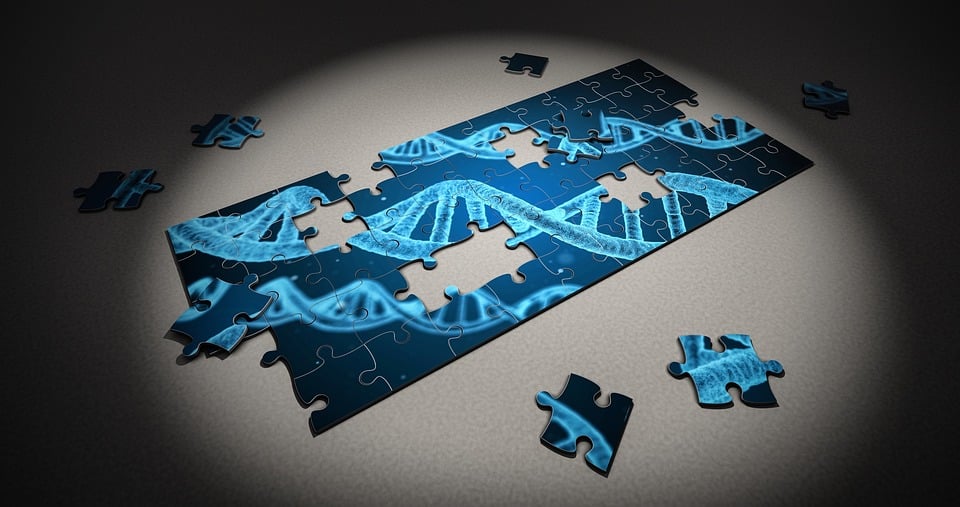
In a groundbreaking study published on September 16th in the open-access journal PLOS Biology, researchers at the University of Illinois at Urbana-Champaign have discovered genetic variants associated with social behavior in honey bees that are also linked to social behavior in humans. This discovery suggests that the roots of social behavior may be ancient and conserved across species.
Using a combination of genome sequencing, brain gene expression analysis, and behavioral observations, the research team led by Ian Traniello explored the genetic mechanisms behind social behavior variations in western honey bees (Apis mellifera). The study involved collecting adult honeybees from three colonies and attaching tiny barcodes to their bodies to track their social interactions within glass-walled observation hives.
Uncovering Genetic Connections
The researchers conducted whole-genome sequencing on 357 bees, identifying 18 genetic variants linked to the social behavior known as ‘trophallaxis,’ where bees share nutritious liquid with their nestmates. Notably, several of these variants were found within two genes, neuroligin-2 and nmdar2, which are similar to genes previously associated with autism in humans. Transcriptome sequencing further revealed over 900 genes with higher expression levels in bees that frequently interacted with their nestmates.
The findings underscore the similarities in genetic mechanisms that underpin social behavior in both humans and bees, despite the two species having diverged over 600 million years ago. According to the study authors, these shared genomic features point to ancient molecular building blocks of social life that have been preserved through millions of years of evolution.
The Science Behind Sociability
Sociability is a complex trait influenced by a multitude of genes. The study’s results suggest that while humans and bees evolved social behaviors independently, there are common genetic threads that have persisted across species. This research highlights the potential for social insects like honey bees to serve as models for understanding the genetic and molecular underpinnings of social organization.
“It is a central feature of all societies that group members often engage with one another, but vary in their tendency to do so,” the authors note. “Combining automated monitoring of social interactions, DNA sequencing, and brain transcriptomics in honey bee colonies, we identified evolutionarily conserved molecular roots of sociability shared across phylogenetically distinct species, including humans.”
Implications and Future Directions
The implications of this research are significant, offering new insights into the genetic basis of social behavior across species. By understanding these genetic links, scientists can better comprehend the evolutionary pressures that have shaped social behaviors and potentially apply this knowledge to address social behavior disorders in humans.
Ian Traniello emphasizes the potential of social insects for whole-colony behavioral tracking, stating, “Social insects are ideal for whole-colony behavioral tracking, and the technology is such that we can monitor what each bee is doing throughout the majority of her life. In this study, we sought to push things a step forward, thinking, ‘We can follow all of these animals, we know who they’re socially engaging via food-sharing interactions, we know how they move and where they spend their time.’
The research was supported by the European Union’s Horizon 2020 Research and Innovation Program and an Agriculture Research Service Award, with no influence from the funders on the study’s design or publication.
Looking Ahead
This study opens the door for further research into the genetic foundations of social behavior, with potential applications in understanding and treating social behavior disorders. As scientists continue to explore the vast molecular toolkit of honey bees, the insights gained could lead to breakthroughs in both evolutionary biology and medicine.
For more details on this study, access the freely available paper in PLOS Biology: Genetic variation influences food-sharing sociability in honey bees.




